Rulings
-
Rulings
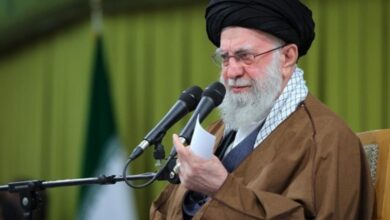
Joining Sufi orders and engaging in cult practices is not permissible – Supreme Leader Syed Ali Khamenei
بِسۡمِ اللّٰہِ الرَّحۡمٰنِ الرَّحِیۡمِ○ Translation: In the Name of Allah, the Most Merciful, the Most Compassionate. Question: What is the ruling on attending gatherings of mystics and Sufis, performing their specific practices and litanies, and visiting their khānqāhs (lodges)? Answer: Doing so is not permissible. How good it would be if those…
Read More » -
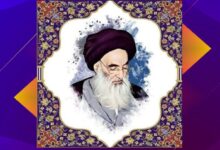
-
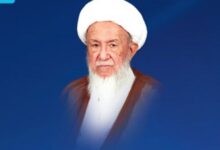
-
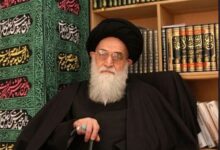
-
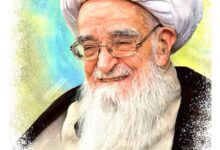
Ibn Arabi - Medieval Philosophy
-
Medieval Philosophy

Medieval Natural Philosophy in Latin Language – Dr. J. Thijssen
Before the publication of Newton’s Principia Mathematica Philosophiae Naturalis (1689), Aristotle’s Physics was the most widely read and influential book of natural philosophy (طبیعیات). After 1250, it constituted the core text of the discipline of natural philosophy and was, together with Aristotle’s other “natural books,” routinely studied at all European universities. Change…
Read More » -
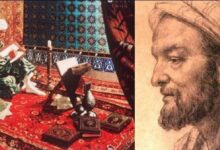
-
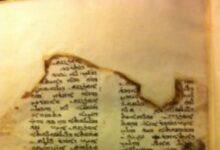
-

-
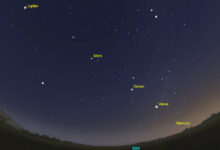
Articles
-
Articles
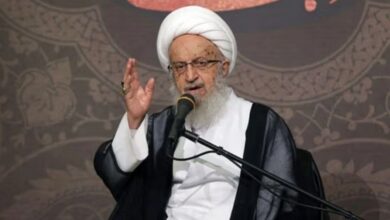
Importance of critical thinking in Islam – Grand Ayatollah Nasir Makarem Shirazi
بِسۡمِ اللّٰہِ الرَّحۡمٰنِ الرَّحِیۡمِ○ Translation: In the name of Allah, the Most Gracious, the Most Merciful. In the Holy Quran, we read: «فَبَشِّرْ عِبَادِ○ الَّذِينَ یَسْتَمِعُونَ الْقَوْلَ فَیَتَّبِعُونَ أَحْسَنَهُ أُوْلَئِكَ الَّذِينَ هَدَاهُمُ اللَّهُ وَأُوْلَئِكَ هُمْ أُوْلُوا الْأَلْبَابِ○» (سورہ زمر، آیت ۱۸۔) Translation: So give good tidings to My servants, those who listen…
Read More » -

-

-

-
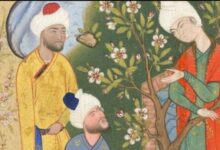
Theology
-
Theology
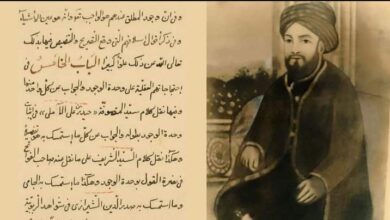
Ghufran Ma’ab’s opinions about Sufis – Prof. Sayyid Athar Abbas Rizvi
Introducing Sayyid Dildar Ali’s critique of mysticism, al-shihab al-thaqib (الشهاب الثاقب), Dr. Athar Abbas Rizvi writes: “Mawlānā Dildar Ali (1753 – 1820) toed the line of the Safawid Ulama in fiercely opposing sufism. Like them he considered it was a threat to Shi’ism. He wrote a detailed work entitled the Shihab al-Saqib…
Read More » -
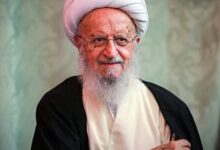
-
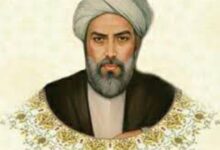
-

-

Books
-
Books

Modern Sufis and the State – Book Download
Download Link Introduction – Prof. Katherine Pratt Ewing When we, as a public living at this particular historical moment, ask, “What is Sufism? Is Sufism part of Islam? What is the relationship between Sufism and the modern state?” our concerns have been largely shaped by a pervasive, globalized media- and policy- driven…
Read More » -

-
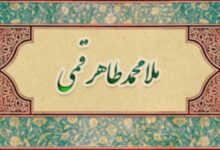
-
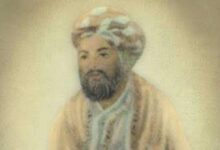
-
